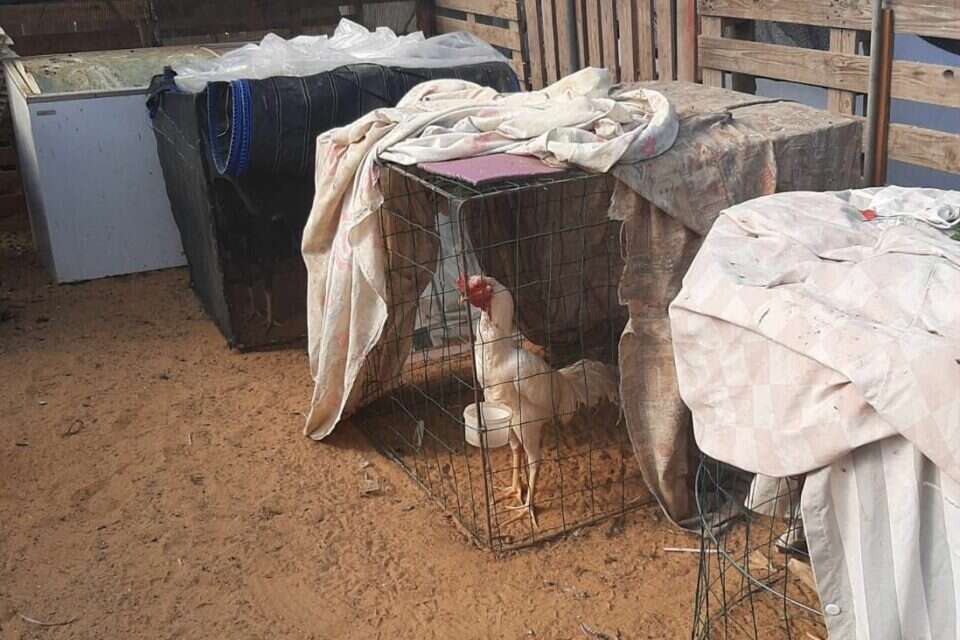Documentation and proper collection of evidence is a necessary basis for conducting investigations and preparing prosecution files in any criminal case, even those that raise suspicions of animal abuse.
Professional and efficient documentation will enable handling of cases of suspected abuse offenses, promote effective and in-depth enforcement, and even prevent a case from "falling" due to evidence collection or documentation that does not comply with the rules of criminal law. In order to raise awareness of the issue, the Animal Welfare Division of the Veterinary Services of the Ministry of Agriculture and Rural Development is promoting a new initiative in which the first dedicated training in veterinary forensic medicine is taking place. This is in order to improve the evidence collection procedures and prevent cases in which improper access to the scene harms the evidence and the possibility of bringing the offenders to justice.
As part of the project, a seminar was held earlier this week in cooperation with the Nature and Parks Authority designed to improve and streamline the joint work interfaces between all parties involved in the field, in which governmental, municipal and private veterinary doctors, various enforcement agencies and activists in animal welfare organizations took part, during which the investigation stages, distinguishing between different types of evidence and maximizing its value in the legal process were studied.
A dog trapped in a cage // Photo: Ministry of Agriculture
The participants received a wide range of practical tools for collecting information and effectively documenting cases of cruelty to animals, while presenting real cases, analyzing the events and discussing the various difficulties. They also learned about collecting DNA from animal welfare scenes, how to avoid cases in which the details of the incident were not sufficiently reported, or cases in which the documentation of the treatment and physical characteristics of the animals was carried out with delay, in a way that no longer makes it possible to prove the existence of the abuse, to the point of inability to prosecute the perpetrator.
Director General of the Ministry of Agriculture and Rural Development, Oren Lavie: "Upon taking office, I instructed the professionals in the Ministry to continue their zero-tolerance policy towards incidents of cruelty to animals. One of the biggest challenges in the field of enforcement of offenses of this type is the issue of the quality of evidence collected from the field and the ability to use it in various proceedings. This blessed initiative will help us all get to the truth and achieve justice for animals."
Dr. Dganit Ben Dov, a veterinary physician in the Animal Welfare Division of the Veterinary Services of the Ministry of Agriculture, said: "Effective cooperation between all entities dealing with animal welfare is the key to promoting the issue across the board in Israel. Independent actions often harm the quality of evidence and the conduct of the process and accountability, and therefore it is important to improve cooperation between the various parties and to provide all involved with simple rules that will improve the ability to promote effective enforcement. We reiterate that any information regarding animal cruelty offenses can and should be transferred to the Ministry of Agriculture's hotline, which is available 24 hours a day, seven days a day at *6016."
Seminar, this week, photo: Ministry of Agriculture
Wrong? We'll fix it! If you find a mistake in the article, please share with us

